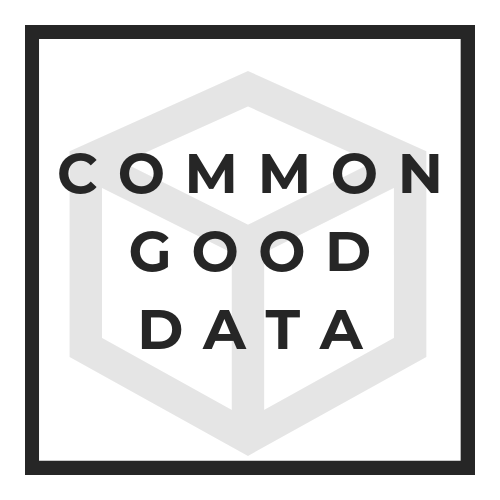Ep 24: Community Partnerships to Address Trauma in Child Welfare - Kind & Generous - with Dr. Deidre Carmichael
How are you building community collaborations in your organization? Who are the mentors and professionals who have guided you in your practice? We discuss these topics and more with Dr. Deidre Carmichael of the Child Welfare Training Collaborative and Project Director at GSU’s Professional Excellence Program. We begin with a conversation on gratitude in professional relationships with Natalie Merchant’s Kind and Generous. We then transition to a great conversation on child welfare, trauma/resilience, community collaborations, and professional development. We then relive the memories of great 80s and 90s songs about family, including Stephanie Mills’s rendition of Home from the musical The Wiz. This is the first of four episodes during our fall season - stay tuned and subscribe!
So that we can play the music of the 80s/90s right in the episode, we are releasing our podcast on Spotify. Get Spotify Premium to listen along with the music mid-episode.
Key Takeaways
In collaborations, it’s important to work toward a shared end goal, rather than emphasizing one’s own individual or single organization goal. With shared goals, multiple organizations come to an understanding of what they are working toward together and are more likely to collaborate with one another.
Sharing information through professional networks builds trust and relationships. Often, collaboration - rather than competition - helps all areas of practice.
Research on trauma and resilience has evolved over the past two decades. One way to think about this change in the literature is a shift from physical to psychological safety. Or in other words, it’s shifting the focus from “what’s going on with this child/parent” to “what happened to this child/parent?”. This trauma-lens requires practitioners to recognize that trauma and the various factors in a child and family’s social environment play important roles in child and family wellbeing.
Looking at physical spaces can be an important step in becoming more trauma-informed or trauma-responsive. For example, schools might create calming spaces for young students to take a break and learn or practice to use coping skills. Juvenile justice settings might look at the physical environment - everything from spaces to color choices on the wall to help reduce the likelihood of re-triggering traumatic events for youth.
Secondary traumatic stress refers to the stress that staff experience in working with trauma-exposed clients. It’s important to build structures that encourage self-care (e.g. yoga/exercise classes, mental health supports) to support staff members to help cope with and manage secondary exposure to stress in the workplace.
New research on the “Pair of ACEs” links adverse childhood experiences to adverse community environments. The research uses the image of a tree where adverse childhood experiences are the above ground, observable symptoms of trauma. But, adverse community environments provide the under the surface or “roots” of the problem. To address ACEs, we have to consider the environments in which individuals are situated.
Professional development is critical to growing as a professional. It’s an investment in your staff that allows you to develop and increase their capacity to bring about positive change through your organization.
Resources and Links
Lama, D., Tutu, D., & Abrams, D. C. (2016). The book of joy: Lasting happiness in a changing world. Penguin. Chicago.
Ellis, W, & Deets, B. (2022). Pair of ACEs Tree. Milken Institute School of Public Health.
Ellis, W. R., & Dietz, W. H. (2017). A new framework for addressing adverse childhood and community experiences: The building community resilience model. Academic pediatrics, 17(7), S86-S93.
Websites on Trauma and Resilience
***Save the Date for the 2022 Summit on Trauma and Resilience presented in partnership with the GA Department of Early Care and Learning - November 19th and December 3rd, 2022***
Our Guest
Deidre Carmichael, Ph.D. is the Project Director for the Georgia State University School of Social Work Professional Excellence Program. The Professional Excellence Program provides professional development and training opportunities to human service professionals. Deidre has worked in training and staff development for 20 years and is an experienced instructional designer, group facilitator, and program evaluator. She began her work in child welfare as a foster care case manager and has worked in various roles within the child welfare system. Deidre holds a Master of Social Work degree and a Ph.D. in Adult Education (Human Resource and Organization Development emphasis) from the University of Georgia. Her research interests include learning transfer, performance improvement, and individual and organizational change.

